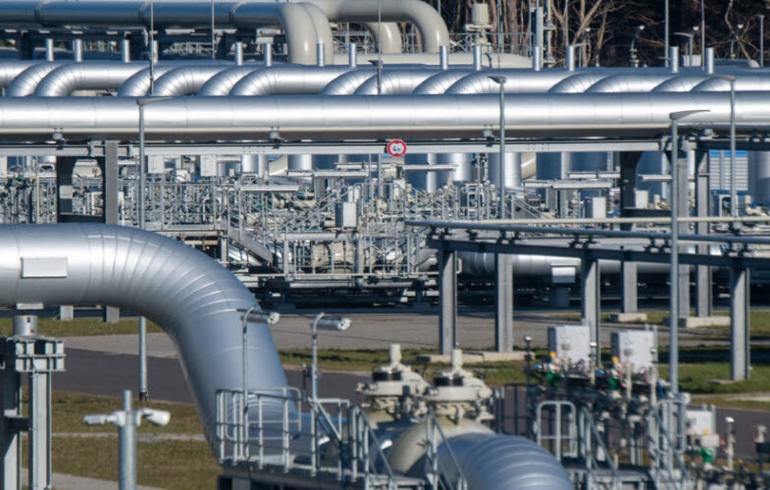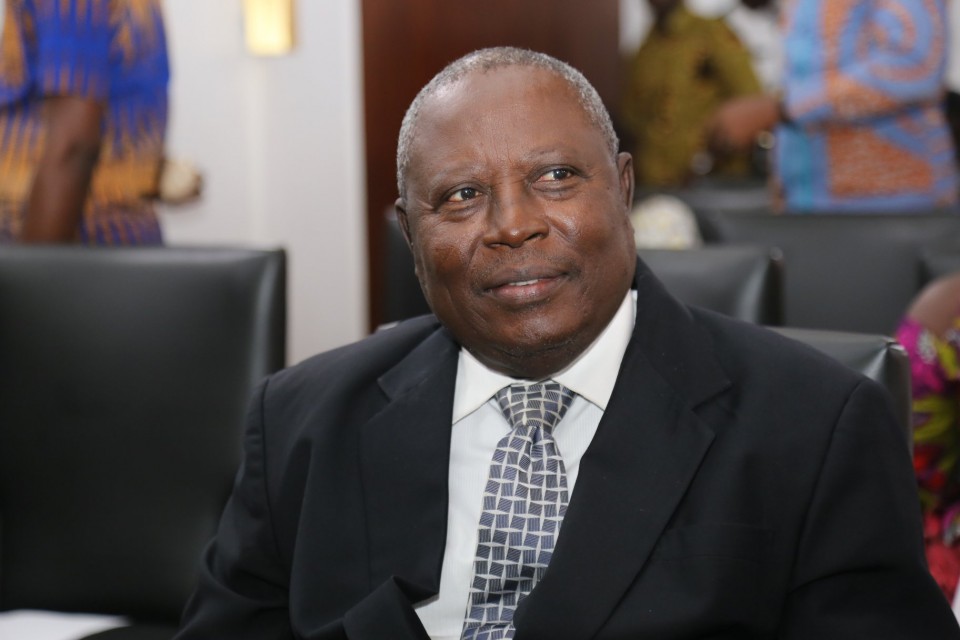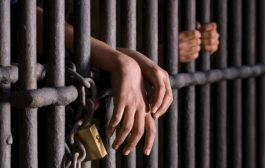Poland and Bulgaria have accused Moscow of “blackmail” after the Russian energy giant Gazprom said it had cut off gas exports to the countries.
Poland’s deputy foreign minister, Marcin Przydacz, told the BBC that Russia was seeking to “foster divisions” between Western allies.
EU Commission President Ursula von der Leyen said the move showed Russia’s “unreliability” as an energy supplier.
It follows Poland and Bulgaria’s refusal to pay for gas in roubles.
Last month, Russian President Vladimir Putin decreed that all energy payments must be made in the Russian currency.
The move, which was designed to shore up the faltering currency which has been battered by Western sanctions, has been fiercely resisted by European nations.
In a statement issued on Wednesday, Gazprom said it had “completely suspended gas supplies” to Poland and Bulgaria in line with the decree issued by Mr Putin.
The company also warned the countries – which are transit states for Russian gas – that any unauthorised withdrawal of gas intended for other European nations would see supplies reduced by an equivalent amount.
Polish state gas company PGNiG confirmed that Gazprom’s supplies to the country had been halted and warned that it reserved “the right to seek compensation” and would use “all available contractual and legal means to do so”.
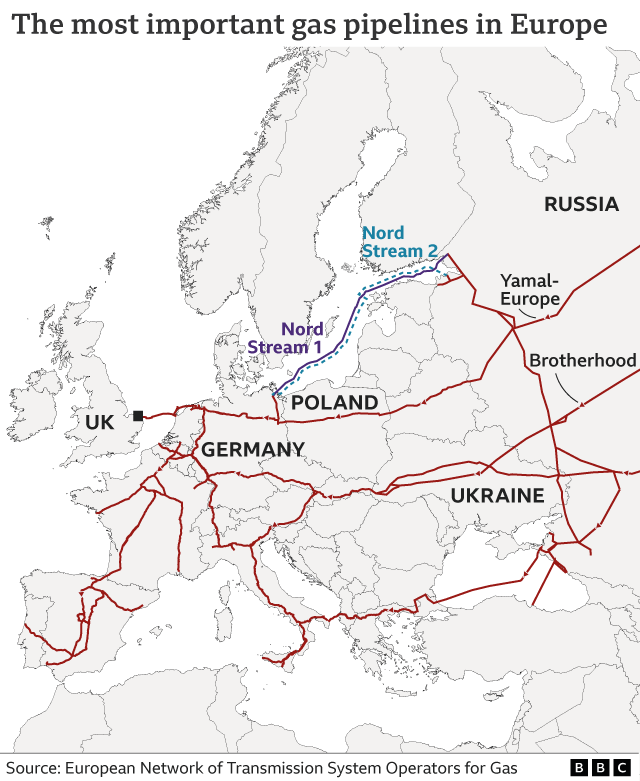
PGNiG bought 53% of its gas imports from Gazprom in the first quarter of this year, but Warsaw has said it can get gas from other sources. It described the suspension as a breach of contract, adding that the company would take steps to reinstate the gas supply.
Bulgarian Prime Minister Kiril Petkov said the country was reviewing all of its contracts with Gazprom, including for transit of Russian gas to Serbia and Hungary, emphasising that “one-sided blackmail was not acceptable”.
Bulgarian Energy Minister Alexander Nikolov said Russia was using gas as a “political and economic weapon in the current war”.
Sofia, which relies on Gazprom for more than 90% of its gas supply, said overnight it had taken steps to find alternative sources but no restrictions on gas consumption were currently required.
A host of Western leaders condemned Gazprom’s move on Wednesday morning.
UK Deputy Prime Minister Dominic Raab told Sky News the decision to cut off gas supplies would have “a very damaging effect on Russia”.
He added that the decision would further isolate Russia and lead to it becoming “an economic pariah”.
In a statement, EU Commission President Ursula von der Leyen said Gazprom’s move was “unjustified and unacceptable”, and argued that the decision showed “once again the unreliability of Russia as a gas supplier”.
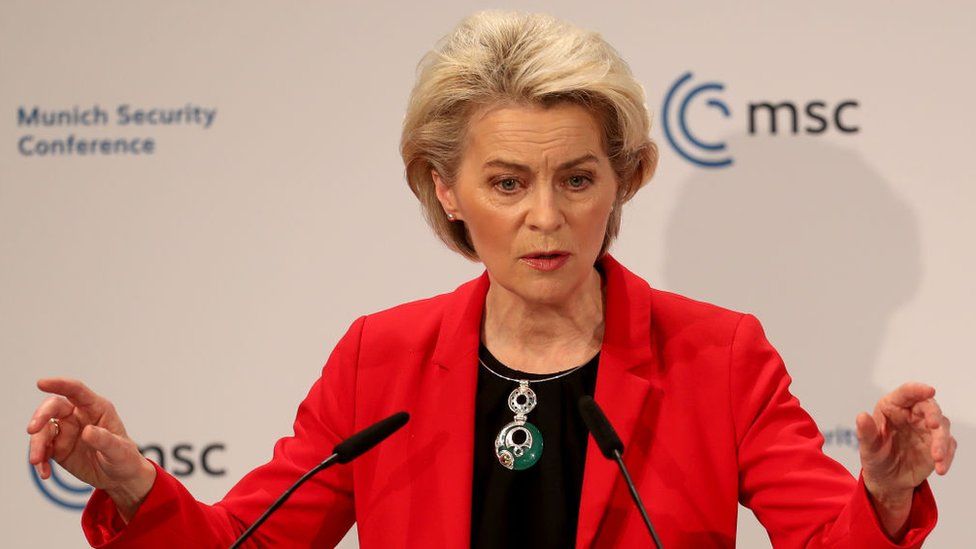
She added that the bloc was “prepared for this scenario” and that European leaders have been working to “ensure alternative deliveries and the best possible storage levels across the EU”.
Ahead of Gazprom’s move, Ukrainian President Volodymyr Zelensky’s chief of staff accused Russia of “beginning the gas blackmail of Europe”.
Andriy Yermak said that Moscow was seeking to use energy resources as a “weapon” and called on the EU to “impose an embargo on energy resources, depriving the Russians of their energy weapons”.
But Vyacheslav Volodin, speaker of the Duma – the lower house of Russia’s parliament – praised Gazprom’s move and urged it to take similar action against other “unfriendly” countries.
Warsaw said it had “taken some decisions many years ago to prepare for such a situation” and PGNiG said its underground gas storage was almost 80% full and, with summer approaching, demand was lower.
Europe depends on Russia for more than a third of its gas needs and Gazprom holds a monopoly on pipeline supplies in Russia.
While the EU has been firm that it will not comply with Mr Putin’s demands that payments be made in roubles, several European nations, including Slovakia and Hungary have reached workaround deals with Gazprom.
The countries will pay into a euro-denominated account with Gazprombank, a subsidiary of the energy giant, which in turn will deposit the amount in roubles.
Source: BBC



